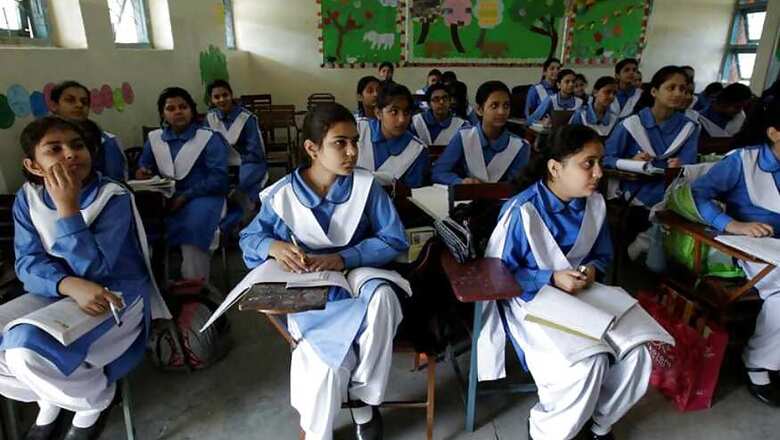
views
New Delhi: The Ministry of Human Resource Development is planning to implement 10 per cent reservation for the economically weaker section (EWS) of the general category from the 2019 academic session and increase around 25 per cent seats in higher educational public and private institutions.
While the HRD has decided to increase of 25 per cent seats, Prime Minister Narendra Modi during a recent rally in Ahmedabad had said that seats will increase by 10 per cent. “The new reservation will be implemented in 40,000 colleges across 900 universities in the country from this academic year. The number of seats will be increased by 10 per cent,” PM Modi was quoted as saying by PTI.
But according to the HRD ministry, for the successful implementation of EWS quota, without disturbing the prevalent reservation policy, the 10 per cent increase in seats is not workable.
The rationale behind increasing the seats by 25 per cent is to ensure no entity loses on providing for the Economically Weaker Sections, “EWS quota is 10 per cent but to reach there, without reducing any other category like SC/ST/OBC, you need to raise overall seats by 25 per cent,” said a senior HRD official.
HRD minister Prakash Javadekar on Tuesday said that the ministry will implement the 10 per cent EWS reservations in both private and public institutes, “without disturbing the existing reservation policy for SC/ST and OBC.”
There are more than four million students pursuing higher education and with this quota Javadekar said, “The number of students will increase.” The changes will be reflected in the prospectus of 2019.
The government and the members in University Grants Commission, All India Council for Technical Education, met on Tuesday to decide for this academic year. The higher education institutes will be informed about it and to reflect it in the prospectus with AICTE and UGC preparing the mandate for the implementation of the quota.
Recently, Parliament brought about the 124th Constitutional Amendment, which received the President’s assent on January 12, 2019.
The law provides 10 per cent reservation for economically backward sections and to benefit the upper caste. It provides reservation for: People who have an annual income of less than Rs.8 lakhs, or people who own less than five acres of farm land, or people who have a house lesser than 1,000 sq feet in a town (or 100 sq yard in a notified municipal area).


















Comments
0 comment